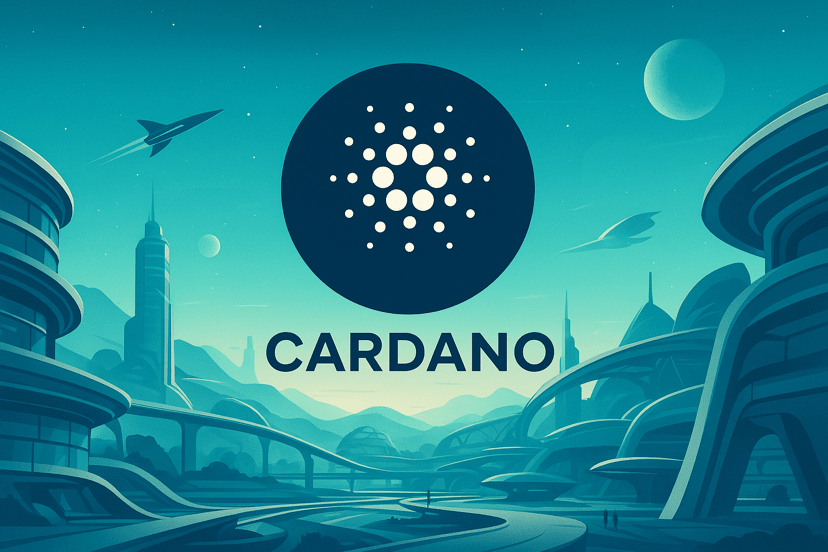The best time to invest is when everyone else does not understand its value!
Look down
Many people often ask, is decentralization really that important? Aren't we already used to the centralized existence of banks, governments, and companies? In fact, it is precisely because we are used to it that many problems have been overlooked. A centralized system essentially means 'a few people control the resources and decision-making power of the majority,' and while this design is convenient, it also carries huge risks.
For example: banks. When we deposit money in a bank, it is equivalent to handing over the ultimate control of our assets to an 'intermediary institution.' Banks can decide interest rates, freeze accounts, and in extreme cases, the government can directly freeze or restrict your funds. This is the biggest hidden danger of centralization—excessive concentration of power.
Relatively speaking, a decentralized system breaks up this 'single point of power' and turns it into a network of global nodes maintained collectively. No single institution can arbitrarily change the rules or delete records, which is the greatest value brought by blockchain. Information is immutable and transparently public, which in a 'digital age' equals a whole new basis of trust.
Think about voting. Traditional voting systems require trust in a 'central election authority' to handle all votes fairly and impartially. But if this authority is manipulated, the results lose credibility. A decentralized voting system, on the other hand, uses blockchain's consensus mechanism, where every vote can be transparently verified and cannot be arbitrarily modified or faked. This is not just a technical breakthrough, but an upgrade to democracy.
Many people will ask, 'Isn't centralization faster? Why bother with decentralization?' This question is akin to asking, 'Why keep money in multiple places instead of just one safe?' The answer is simple: to diversify risk. Centralized systems are indeed efficient, but when problems arise, it's a total collapse; decentralization may be slower at first, but it can operate sustainably in the long run, as there is no single point of failure.
In fact, we have already seen the trend. Starting from Bitcoin, to Ethereum's smart contracts, and then to Cardano, which emphasizes security and sustainability, decentralization is no longer just an 'ideal,' but is gradually becoming infrastructure. Especially with RWA (real-world assets on-chain), identity verification, and even the traceability of pharmaceuticals and educational certificates, these applications all require a foundation that cannot be manipulated.
The most important point is that decentralization puts 'power back into the hands of individuals.' You own your own assets, data, and identity, without having to rely on a large company or government for endorsement. This autonomy is the value of the future.
In summary, centralization is like a highway: convenient and fast, but prone to traffic jams and easy to control; decentralization is more like a vast network of small roads, which may feel unfamiliar at first, but it gives everyone choices and freedom, and no one can dominate everything. This is why decentralization is not an 'option,' but an inevitable trend.

